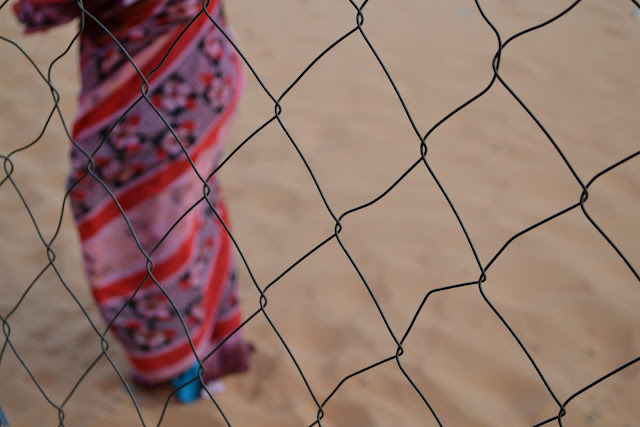word of the day: story \stȯr-ē\ a person that wants something and is willing to overcome conflict to get it.
I am convinced that the most beautiful part of Africa is the people. That’s true of most stories though, I suppose.
For me, it’s always the characters in books that keep me moving forward. In fact, I tend to get overly emotionally involved in their lives. I laugh with them, I cry with them, and I often feel a deep sense of loss when the last page is turned. I didn’t read anything for weeks following the last Harry Potter book—getting to know new characters felt like a betrayal to the ones I had just spent seven books with. Recently, I stopped a book in the middle because I didn’t agree with the choices a character was making—I didn’t believe in her and didn’t care to be a part of her story.
It’s the same with people, I think. People are important. They are the characters in our stories who move us forward. The 6th grade teacher who first helped you fall in love with reading. The high school coach who taught you the benefits of hard work. The stranger on the street who smiled and waved as they waited for you to cross the street. They all impact our journey in some way (whether or not they’re aware of it at the time).
In the three weeks I was in Africa , more characters were written onto the pages of my story. They were beautiful. And they were hospitable. And they reminded me that people are really what matters in this life.
During our trip, someone on our team noted that the people of Africa really aren’t that different from the people of America Africa have dreams. They laugh. They cry. They make sarcastic jokes and tease one another. They smile. They ache. They worry about the future. It’s not difficult to relate to the people because, at the core, we’re all people. Our cultures are different; our needs are the same.
I realized, while in country, my tendency to stereotype. As Americans, we are fed a clear picture of what danger looks like overseas. That danger is often personified through the people—they become a picture of the problems, and I’m sad to say that at times I carried that picture with me.
Early on in the trip, we spent an evening in the desert with some local women. As we made our way back to our apartment, our car started acting up. The clutch was finicky and was stalling at every stop (which in Africa traffic is approximately every 10 seconds). The driver of our car urged us to pray, and so the four of us prayed very fervently that our car would work, and we’d make it out of the very busy and people ridden section of town.
No luck.
As we pulled our way onto a side road and stopped to wait for a ride, I found myself fairly frustrated with God. “Really?” I can remember thinking. “It’s not that hard to start a car back up. And, we were all asking for it. It’s not like it would have taken that much to get us moving again.” Then I had another thought: It would have been easy for Him to start the car back up again. But He didn’t. So, there must have been a reason why.
At that moment, our car was surrounded by local people. And they were smiling. And they wanted to welcome us into their homes while we waited. That was why. I needed my picture of the people torn to shreds. I needed to be reminded that the people of Africa are kind and spirited and generous. That they will do anything in their power to make sure you feel welcome in their country and in their city and, eventually, in their homes (because that’s always where you end up anyways).
The most beautiful part about Africa is the people, and I guess what I really learned about others is that you can’t miss that. You can’t get so caught up in your own issues and your own agendas that you miss out on the beauty of people. On the hurt of people. On the dreams of people. On the needs of people. Because no matter where you go, you’re bound to meet people. And when we choose to love those people despite everything else that may be going on, we choose to write something beautiful into our stories.
It’s humbling to be the benefactor of this kind of love. The kind that drops everything to meet your present need. The kind I hope now to take with me in every walk of life.












